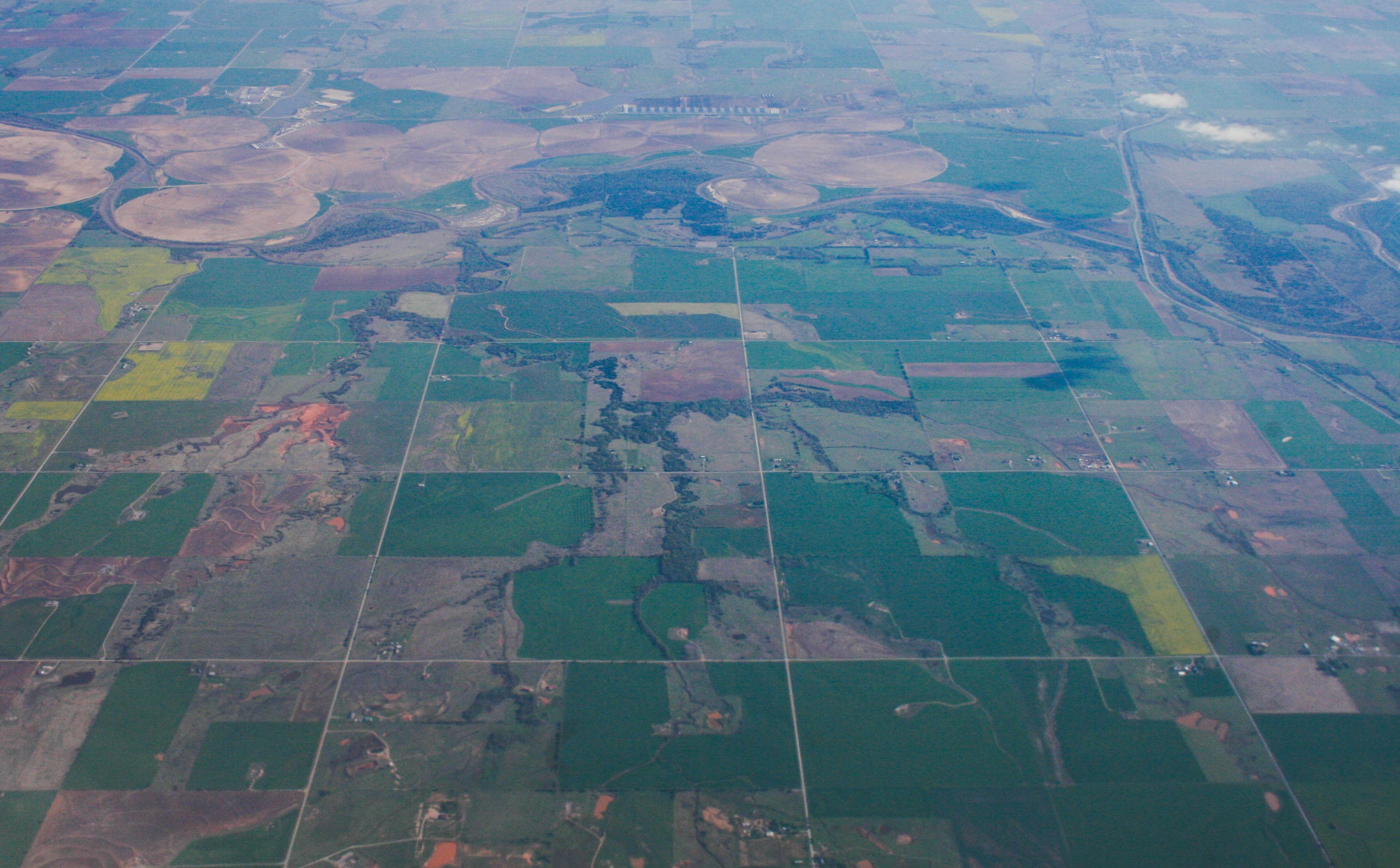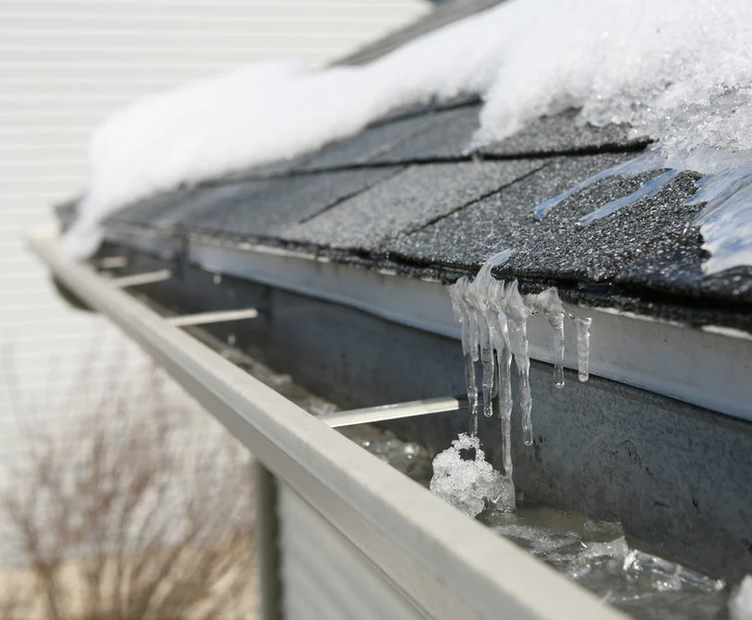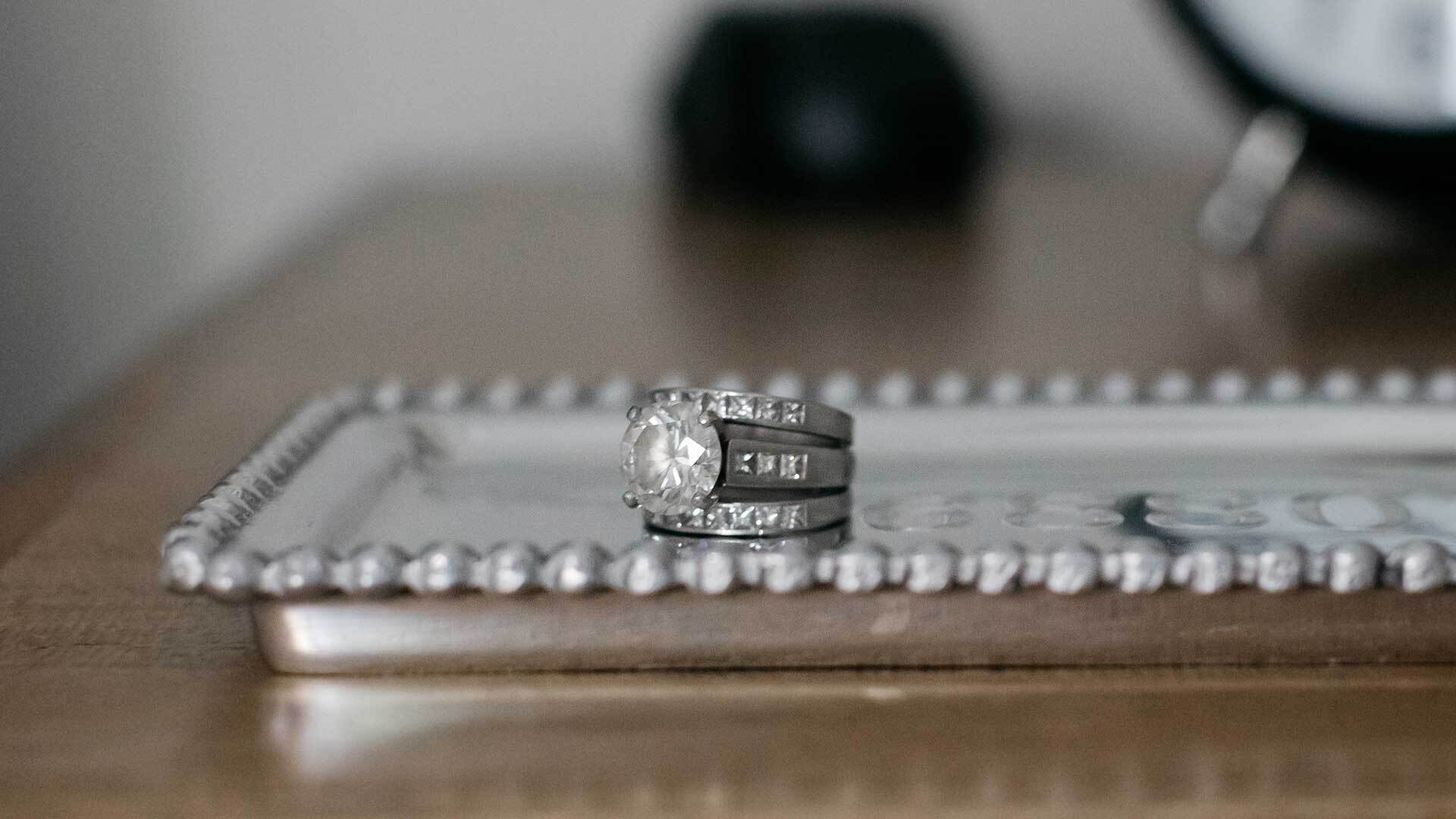Safeguard Your Home Before an Earthquake Hits

February 8, 2018
A magnitude 6.5 earthquake that struck Taiwan this week shook an apartment house off its foundation, leaving it looking like the Leaning Tower of Pisa. In January, a 7.9 earthquake off the Alaska coast heightened fear of a tsunami in already seismic-sensitive Los Angeles. Inevitably, other earthquakes will strike elsewhere, but is there any way to prepare and protect your home before the next one does?
How to Protect Your Home from an Earthquake
Insurers and safety experts agree that there's no way to stop a tremblor once the earth starts rolling, but there's plenty to do beforehand to minimize damage and protect life. That's particularly true for smaller seismic tremblors that occur outside the "ring of fire" zone surrounding the Pacific Ocean.
Earthquakes have become common in Oklahoma, and on Feb. 7 in Westchester County, just north of New York City, a quake registered 2.2 on the Richter scale. "Earthquakes come in clusters," warned Chief Executive Julie Rochman of the Insurance Institute for Business & Home Safety (IBHS), "and small shakes could be followed by big ones."
Some precautions are obvious and make sense even in the absence of an earthquake.
Secure Heavy Objects
Secure objects that are heavy or have a tendency to tip that could be dangerous to small children or clumsy adults. Brace a water heater so it won't topple over, secure a wall-mounted flat panel TV into the studs, bolt bookcases and reinforce heavy mirrors onto walls, and lock down the wheels on heavy appliances such as refrigerators and stoves.
Evacuate
But if you feel the earth move under your feet, it probably makes more sense to get out of the building you're in. Don't stand nearby, particularly if it has a masonry façade above that could shake loose. And definitely don't take shelter next to a brick building that could tumble over.
Cover Fluorescent Lighting
Other precautions are less obvious, but no less important. Fluorescent lights usually found in a basement tend to be left uncovered. This can be dangerous if they shatter because the mercury they contain can sometimes be dangerous or even fatal. Cover them with a simple plastic sleeve for $3.
Install a Seismic Valve
A somewhat controversial, but nonetheless important security precaution, is a seismic shut-off gas valve designed to sense a 5.4 magnitude quake. This valve would stop the flow of gas into the house and prevent a fire that could blow it up. But this seismic valve isn't cheap, costing anywhere from $600 to $1,200. However, leaking gas could cause an explosion, and fires are a major problem during an earthquake, particularly if a water line has ruptured, which could hamper fire department efforts to put it out.
Still, seismic valves have a downside. When the ground does stop shaking, the utility company will have to restart the gas in the house, which could take days or weeks, depending on the severity of the aftershocks.
Know Your Home’s Risk of Earthquake Damage
Those looking to protect against tremblors, such as Oklahomans who've seen magnitude 4.0 shocks, need look no further than California. The Golden State sits on several fault lines and has witnessed this country's worst earthquake (in terms of property damage and loss of life) in San Francisco in 1906.
California already has the nation's strictest building codes, including putting major structures on subterranean rollers so they move with the quake rather than falling apart. But most of the rest of the country ignores earthquake threats, buildings are constructed to allow you time to get out -- rather than to remain upright. And don't rely on your home insurance policy to clean up the mess afterwards. Earthquake insurance is a separate "endorsement," or add-on, to virtually any home insurance policy. That means it has an additional cost depending on how much seismic activity has occurred in your area. Although it's fairly common on the West Coast, residents elsewhere don't usually purchase it.
PURE Insurance offers additional earthquake coverage for your $1M+ home. Learn more about how you can protect your home from loss from earthquake damage.





